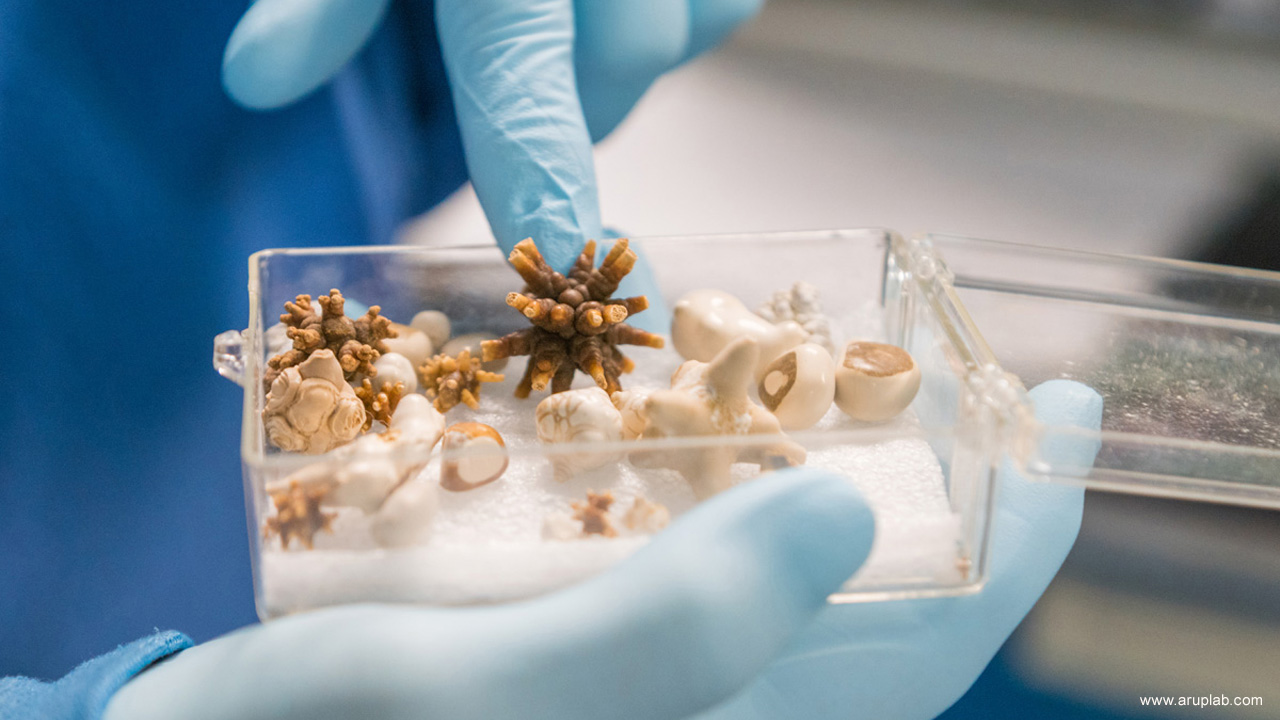The kidney stone problem is increasing rapidly in India. According to a report, about 15 percent of the people in the country have a problem with kidney stones. If kidney stones are not treated at the right time, the problem will increase and the patient may have to face serious problems. Ignoring this condition is considered fatal. Due to kidney stones, the patient has to face severe pain. In many patients, this condition is so severe that it is necessary to go to the hospital immediately. If you have the right information about the problem of kidney stones, you can avoid it.
What is the problem with kidney stones?
Kidney stones can also occur due to dietary habits and genetic reasons. Kidney stones are actually crystals made of minerals and sodium (salt) in your kidney. Their size may vary from person to person. Kidney stones are generally of four types – uric acid, calcium oxalate, struvite, and cysteine. After the formation of kidney stones, these stones can also remain in the kidney and can also go through urine to the ureter (ureter). In such a situation, the patient may experience severe pain and other problems. In kidney stone problems, there can be one or more stones in the kidney.
How does the problem of kidney stones start?
The problem of kidney stones starts when the amount of crystal-forming substances like calcium, sodium, uric acid, and oxalate in urine is high. When these waste products are dissolved in the urine, they start collecting in the kidney in the form of crystals. These crystals join together and start growing in the kidney. These substances reach your urine through food. Normally the kidneys filter these substances out of the body, but when their amount is high, they are not able to filter. In such a situation, these substances start collecting in the form of crystals or stones in the kidney. The main causes of kidney stone problems are as follows-
- Genetic or family history
- Due to obesity
- Diabetes
- Dehydration or lack of water in the body
- Consumption of junk foods
- Hormonal imbalance or hyperparathyroidism
- Chronic diarrhea
- Having frequent UTI problems
How is kidney stone treated?
When the symptoms of kidney stones appear in the body, the doctor first examines the patient. You may have to go through several different tests to detect kidney stones. To check for kidney stones, calcium in the body is checked through blood tests. Apart from this, it is also detected with the help of a uric acid test. In severe cases, doctors examine kidney stones with the help of imaging tests. These imaging tests are abdominal X-ray, ultrasound, CT scan, ultrasound, non-invasive tests, intravenous urography, etc. After the examination, the patient is given medicines to reduce the pain and to treat the infection. When the size of kidney stones is more, then doctors also suggest surgery.
The kidney is one of the essential organs present in the body. Its main function is to filter blood and urine in the body and remove the dirt or toxins present in the body. Along with this, the kidney also helps in keeping bones healthy, making red blood cells, and regulating blood pressure. Early treatment of kidney stone problems is considered very important. If you also see symptoms of kidney stones, then first of all consult a doctor.

 Kidney stone is a serious health problem, know in simple language how the problem of kidney stone occurs and how to deal with it.
Kidney stone is a serious health problem, know in simple language how the problem of kidney stone occurs and how to deal with it. 









.jpeg)

.jpg)


















.jpg)